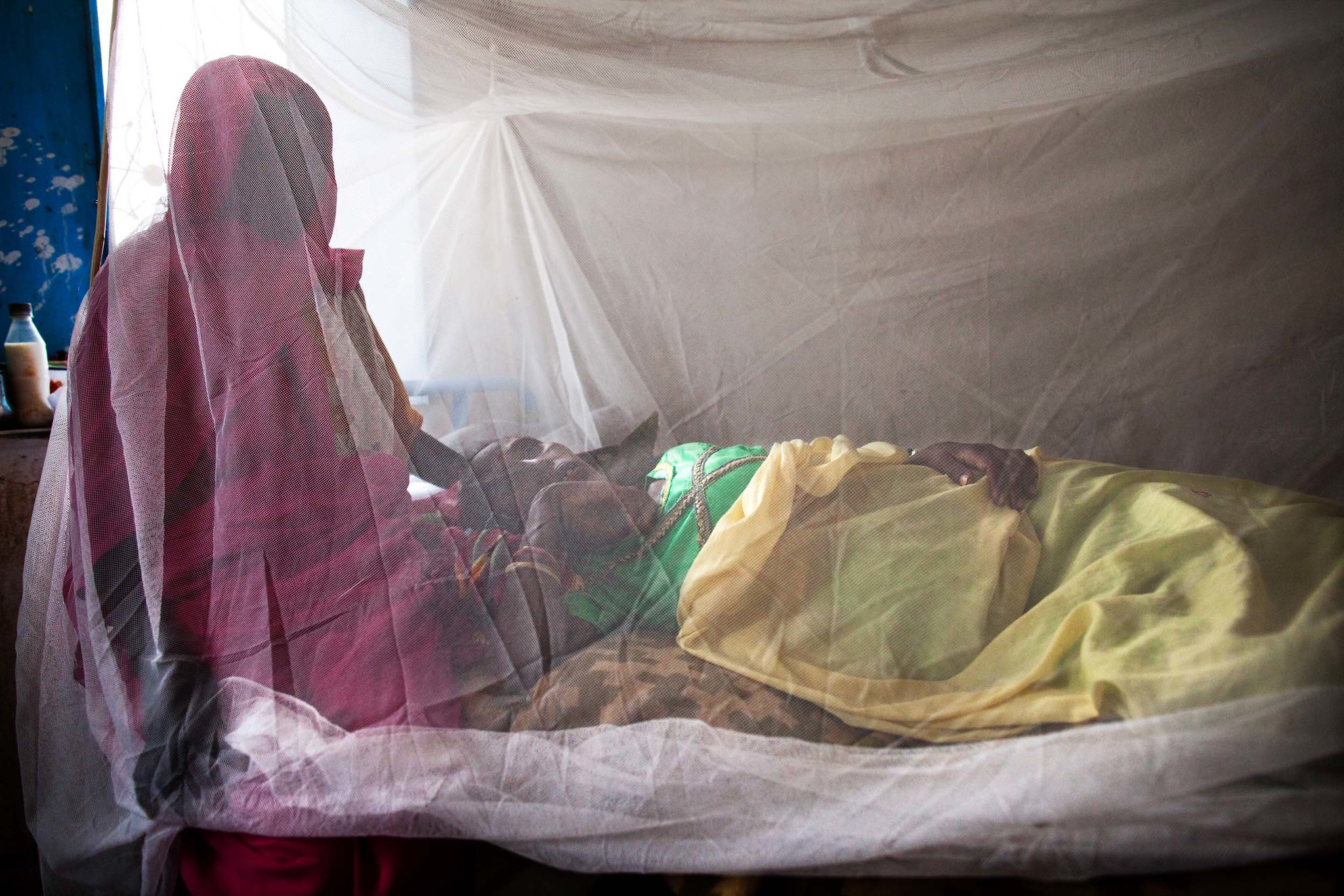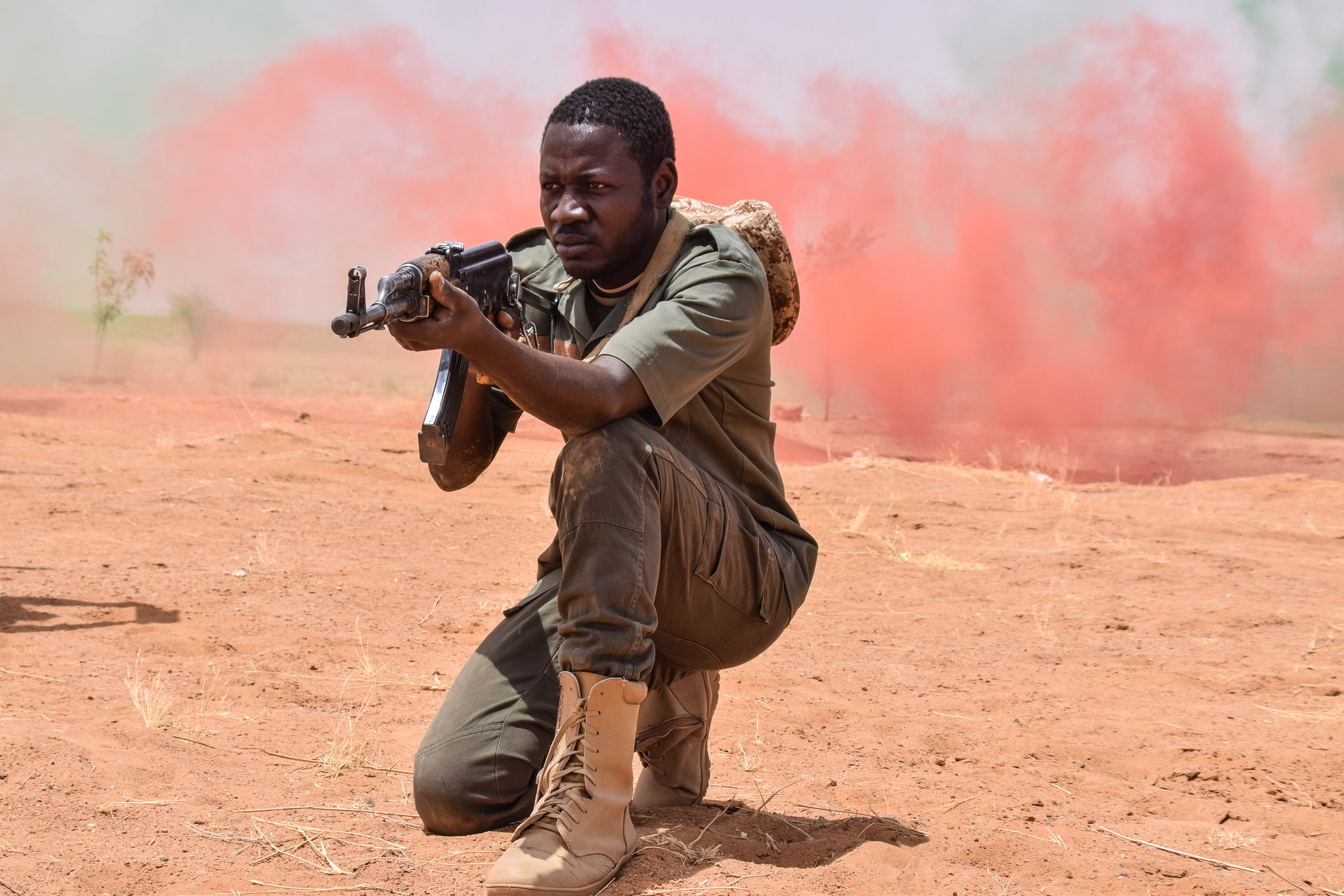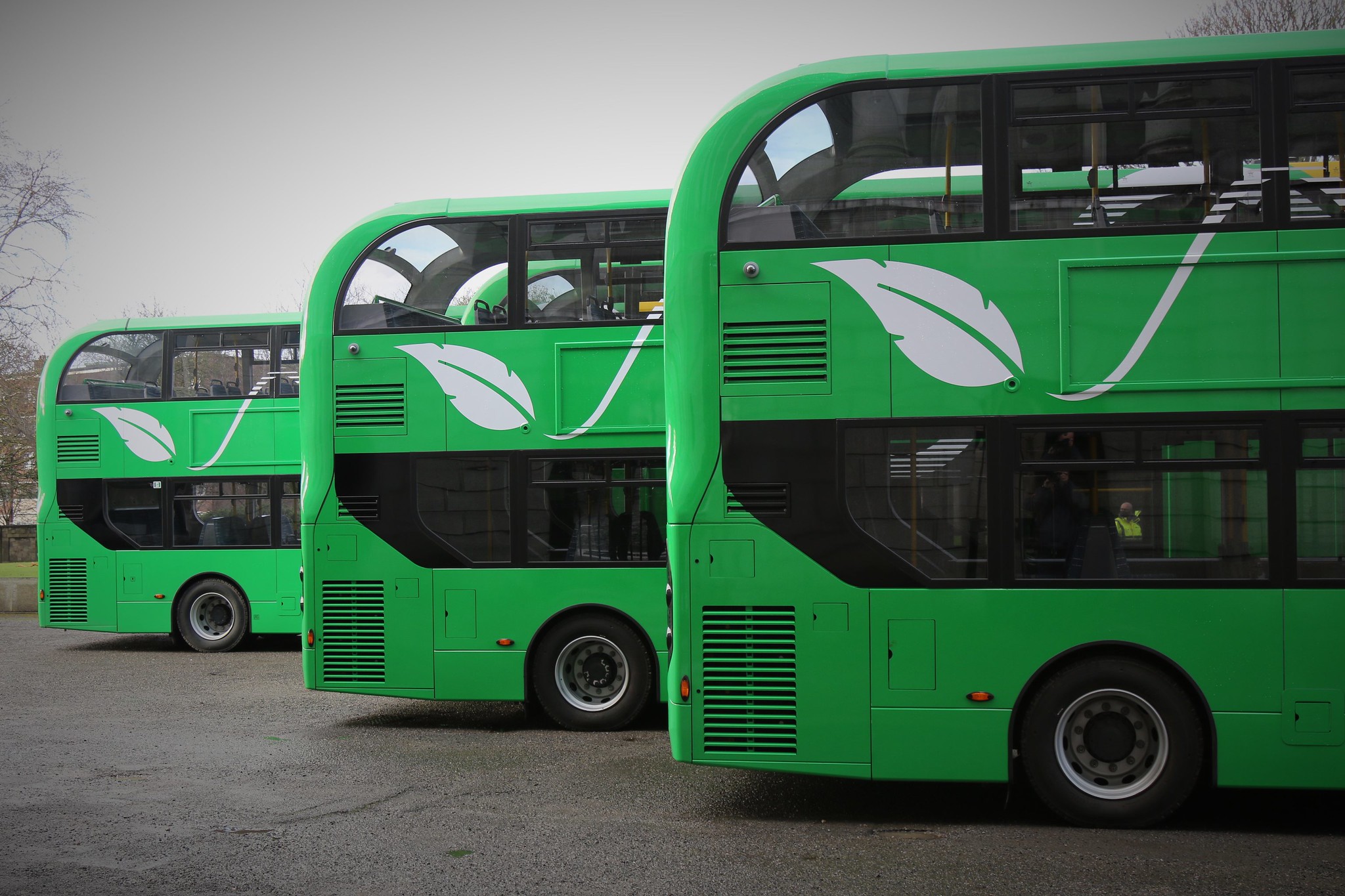Nigeria and Niger share a long history of cooperation and collaboration. But the July’s coup in Niger has fractured the two countries relationship, writes Idris Mohammed.
A few hours after the coup that overthrew President Mohammed Bazoum and led presidential guard commander General Abdoulrahamane Tchiani to proclaim himself the leader of a new military junta, The Economic Community of West African States (ECOWAS) met in Nigerian`s capital Abuja. The meeting was held under the chairmanship of Nigerian President Bola Ahmed Tinubu.
ECOWAS have proposed using military force to overturn the coup in Niger, and have activated standby forces. Nigeria shut down its border with Niger, cutting off the electricity supply to the country and applied economic sanctions.
Military interventions
ECOWAS has a track record of military interventions in West African countries experiencing military rule. In 1990, the association deployed forces to Liberia to end the civil war. In 1997, they intervened in Sierra Leone to reinstate the democratically elected president after a coup and in 2003 they mobilised troops to restore peace after a military revolt in Ivory Coast. Most recently, in 2013 it deployed troops to Mali to retake territory help by Islamist terrorist groups. Military intervention would not, therefore, be a new thing for ECOWAS.
Voices in Nigeria against the use of military forces are growing louder every minute. They range from security experts, religious and traditional leaders, down to the citizens of the country. Despite the decision by the members of ECOWAS, Nigeria’s position is complex. It holds the chairmanship of ECOWAS and shares a border, historical and traditional ties with Niger. Whatever the future holds, the current crisis has dramatically changed the relationship between the two countries.
The two countries share a border that spans over a thousand kilometres, which has fostered interactions and interdependencies. Trade, security, and cultural exchanges have been the bedrock of their relationship, leading to close diplomatic ties over the years. Any attempt to use military intervention in Niger may jeopardise the cordial relationships that have existed since before colonial rule.
Social and cultural bonds
Niger and Nigeria are like neighbouring cousins in West Africa. Both countries have been home to kingdoms and tribal states before being colonised by European nations. Despite not sharing an official language, the widespread use of the Hausa language and shared Muslim religion gives strong ties between Niger and those living in northern Nigeria. Even the traditional title holder, Sarkin Katsinar Maradi in Niger (who is one of the four most powerful traditional leaders) inherited his throne from Katsina state in the northwest region of Nigeria.
People who live in the border communities between the two countries do not even believe in the existence of any demarcation that divides them. Someone in the Magama community in the Jibia local government area of Katsina state can easily enter Niger within a few minutes. The same thing applies to the Ilela border with Niger in the Sokoto or Dole Kaina community in Kebbi state. In the northeast region of Nigeria, six states share a border with Niger.
Marketplaces in border communities don’t have any history of violence or conflict between the two communities. In addition to the buying and selling that go on, news is exchanged, friendships are maintained and even marriages have their beginnings in the market. No other villages or communities in Nigeria have as many ties with those mentioned communities in northwest and northeast regions of Nigeria
The anxiety is increasing in Nigeria’s northwest region states, where one in every of five residents of the city of Sokoto is from Niger or has a connection with Niger. The same applies to some parts of the northwest region like Katsina, Jigawa and Kebbi states. The uncertainty surrounding the situation could lead to a more cautious approach, potentially affecting the mutual economic and social benefits enjoyed by both sides.
Security collaboration
Historically, Nigeria and Niger have worked together to tackle transnational threats, including terrorism and cross-border criminal activities. Niger is a key ally for Nigeria in the fight against Boko Haram, Islamic state and bandits. Any new distrust between the two countries will jeopardise the counter-terrorism activities in the Lake Chad Basin allowing groups to further establish themselves in the region. An invasion would mean both countries redirecting attention and resources weakening their joint efforts against these security challenges if they even still wanted to work together.
The ECOWAS measures against Niger have the potential to impact the diplomatic relations between Nigeria and Niger, even if there is no invasion. However, both nations should recognise the importance of their historical ties and shared interests, and work towards resolving any differences in a manner that upholds regional stability, cooperation, and prosperity. Balancing the need for political stability in Niger with the maintenance of diplomatic relations will be crucial in navigating this complex situation.





